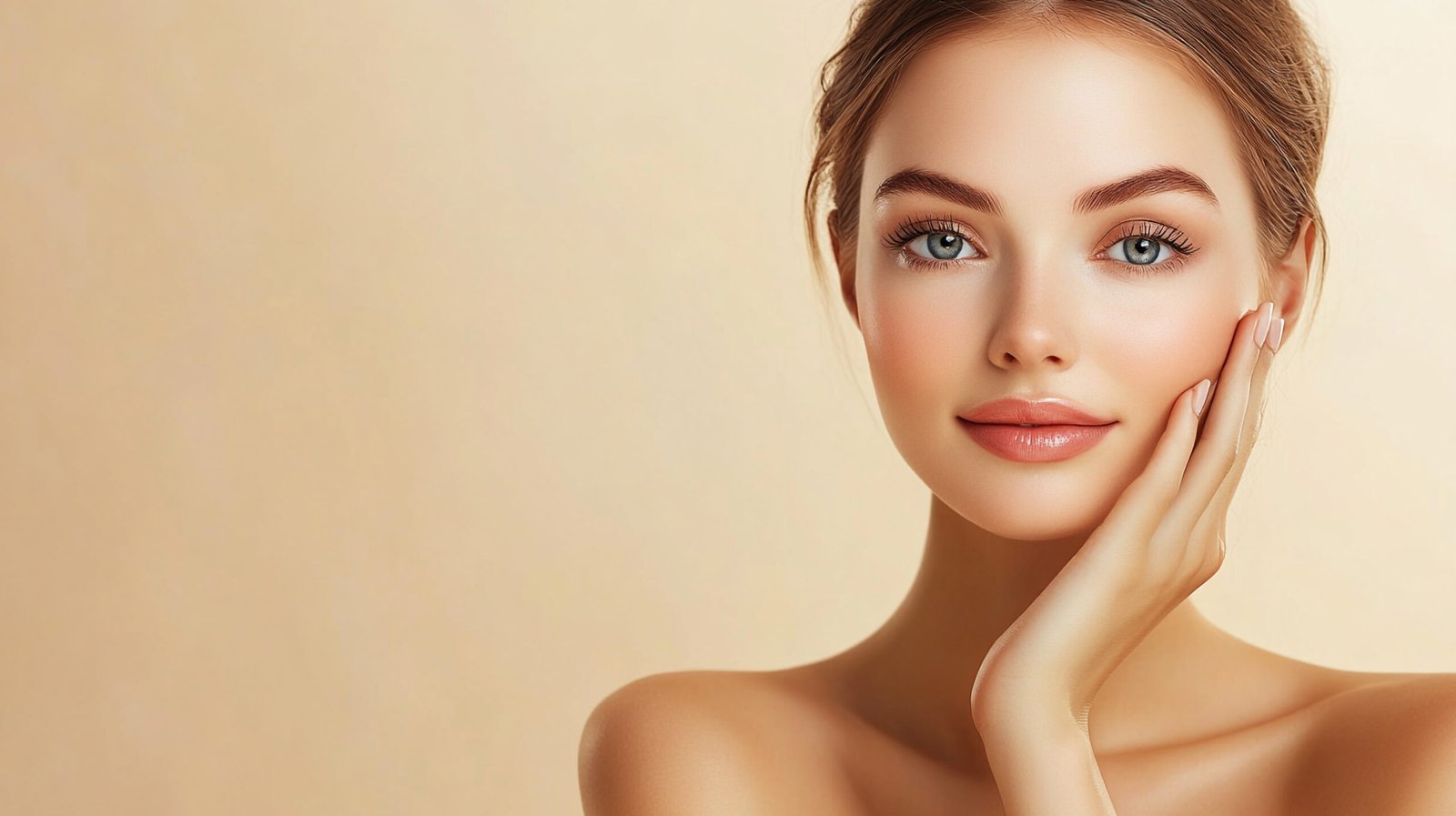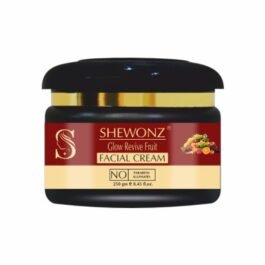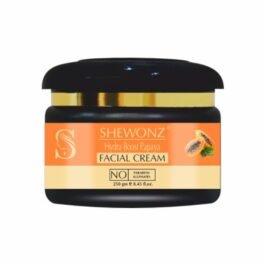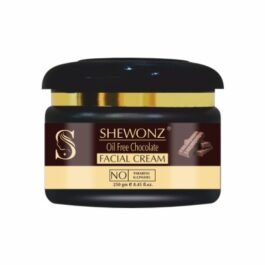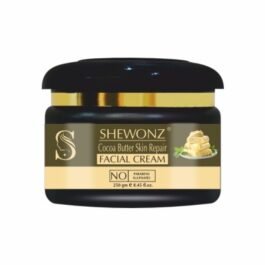When it comes to healthy hair, what you feed your body matters as much as what you put on your head. While shampoo routines are important, your locks truly flourish from the inside out—especially when you’re getting the right vitamins and minerals. Hair is a reflection of your overall health, and deficiencies in key nutrients can lead to dullness, brittleness, thinning, or even hair loss. In this guide, we’ll dive deep into the most important vitamins and minerals that play a scientifically backed role in promoting hair growth, strength, and vitality. From Biotin and Vitamin D to Iron, Zinc, Omega-3s, and more—let’s break down what works, what to watch out for, and how to nourish your strands from within.
1. Biotin (Vitamin B7): Strengthens Hair at the Root
Biotin—also known as Vitamin B7—is a popular player in the hair-nutrition world. It’s integral to keratin production, the protein that gives hair its structure. Stronger keratin translates to thicker, more resilient strands. While biotin supplementation is often touted for improving hair strength and minimizing breakage, clinical evidence is limited. Most documented cases of dramatic hair improvements involve individuals with underlying biotin metabolism disorders. In healthy people, true biotin deficiency is rare because the nutrient is found in foods like eggs, nuts, seeds, and whole grains. Still, if you’re experiencing brittle, thinning hair and suspect a deficiency, it’s wise to first evaluate your diet and consult a healthcare provider before popping high-dose supplements.
2. Vitamin D: Awakens Dormant Follicles
Vitamin D isn’t just for strong bones—it plays a critical role in hair follicle biology. This “sunshine vitamin” helps regulate the life cycle of hair follicles and is associated with non-scarring hair loss types, such as telogen effluvium and alopecia. Low Vitamin D levels frequently correlate with thinning hair. While there’s clear evidence linking deficiency to hair loss, more research is needed to confirm if supplementation alone can reverse the issue. Natural sources like sunlight exposure, oily fish, eggs, and fortified foods can help boost your levels. If hair loss coincides with low Vitamin D, consider a professional check-up before adding supplements to your routine.
3. Iron & Zinc: Essential Minerals for Hair Density
- Iron: This mineral delivers oxygen-rich blood to your scalp and hair follicles. When iron levels dip, hair follicles may suffer oxygen deprivation, leading to increased shedding or diffuse thinning. Iron deficiency is common, especially in menstruating women. Once restored through diet or supplementation, hair growth often rebounds—provided the deficiency was the culprit.
- Zinc: Vital for protein synthesis and cell division, zinc plays an essential role in hair tissue repair and follicle health. Low zinc levels have been linked to hair thinning, dandruff, and impaired scalp health. Foods such as shellfish, legumes, seeds, and whole grains are good sources. Be cautious with supplementation: excess zinc can interfere with other minerals and even suppress immune function.
Ensuring balanced levels of both iron and zinc is key to sustaining follicle health and vibrant hair.
4. Vitamin C: The Collagen and Iron Multitasker
Vitamin C brings dual benefits to your haircare arsenal. First, it’s a powerful antioxidant that protects the follicles from damage. Second, it boosts collagen synthesis—collagen being a protein that strengthens hair structure—and enhances iron absorption. That’s a potent combo, especially when paired with iron-rich diets to support hair density and strength. Load up on citrus fruits, berries, bell peppers, broccoli, and tropical fruits to nourish hair from the inside out—no supplement needed for most people.
5. Vitamin E: Improves Scalp Health
Another antioxidant heavyweight, Vitamin E, helps reduce oxidative stress while promoting healthy blood flow to the scalp. Good circulation ensures follicles receive the nutrients they need to grow strong hair. Sources include nuts, seeds, leafy greens, avocados, and oils like olive—meaning you can incorporate Vitamin E-rich foods into meals for both overall nourishment and hair wellness.
6. Omega-3 Fatty Acids & Protein: Nourish and Build
While not vitamins per se, omega-3s and protein are vital for hair:
- Omega-3s: These essential fats support scalp lubrication, reduce inflammation, and improve follicle health. Studies suggest longer-term intake can increase hair density and reduce dormant (telogen phase) strands. Fatty fish, flaxseeds, chia, and walnuts are great whole-food sources; supplements are also an option when dietary intake is low.
- Protein: Hair is composed mainly of keratin—a structural protein. Insufficient protein intake can weaken this framework. Lean meats, legumes, eggs, dairy, and plant-based alternatives help provide what your follicles need to build strong strands.
Incorporating a protein- and omega-3-rich diet lays the foundation for long-lasting, healthy hair.
7. Micronutrients & Supplements: Use with Caution
Other notable nutrients include selenium and collagen peptides, but they’re typically supportive rather than foundational. Because supplements aren’t tightly regulated, their quality can vary, and overuse can provoke side effects—especially with fat-soluble vitamins like A and D. A thoughtful approach includes:
- Testing levels where possible (e.g., iron, Vitamin D)
- Prioritizing whole-food sources
- Using supplements only to correct deficiencies
- Consulting healthcare professionals when adding anything new
Balanced nutrition partnered with self-care habits is proven to yield the best, most sustainable hair results.
Conclusion
So, which vitamin is best for hair? The answer isn’t one-size-fits-all—Biotin, Vitamin D, Vitamin C, Iron, Zinc, Vitamin E, Omega-3 fatty acids, and adequate protein all work together to support healthier, stronger hair. The most effective strategy? Eat a balanced, nutrient-rich diet, target key deficiencies thoughtfully, and pair this with scalp care and lifestyle habits like stress reduction and gentle styling. By nourishing your hair from within and staying consistent, you’ll be setting yourself up for shining, resilient strands.
